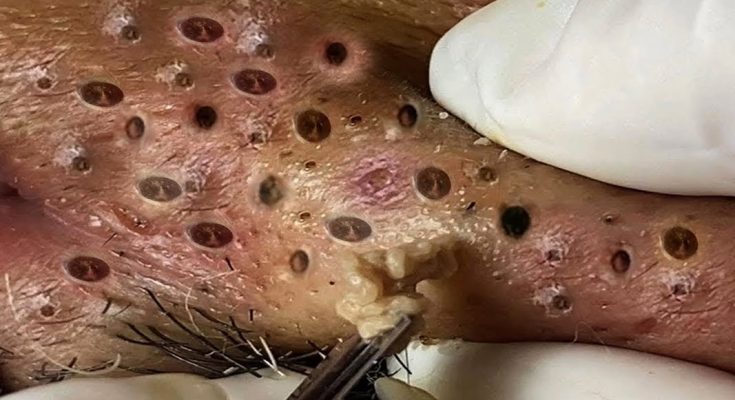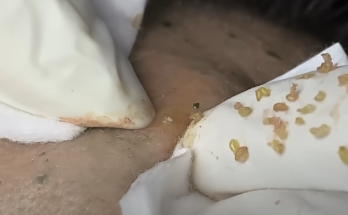🧠 1. Neurocosmetics – Skincare That Targets Stress
-
Some brands now make products designed to calm both the skin and the nervous system (think: adaptogens + calming ingredients).
-
Look for ingredients like ashwagandha, centella asiatica, or neuropeptides in skincare.
💡 2. Light + Vibration Therapy Tools
-
High-frequency wands (aka the “zit zapper”): Kills acne-causing bacteria, reduces inflammation, and improves circulation.
-
Red Light Therapy: Helps heal skin and fade scars (infrared panels or masks you use at home).
🧽 3. Oil Cleansing Method (OCM)
-
Yes, cleansing with oil! Sounds wild, but it can dissolve excess sebum and clear pores.
-
Try jojoba, castor, or grapeseed oil—massage in for a few mins, then wipe off with a warm cloth.
-
Works surprisingly well for oily/acne-prone skin (with the right oil).
🧬 4. DNA/Genetic Acne Testing
-
Some services test your genes to see what acne triggers you’re genetically prone to (hormonal, inflammatory, diet-related, etc.).
-
Can help build a super personalized skincare or supplement plan.
🥒 5. Skin Fasting
-
Take a break from all products for a few days (or a week). Let your skin “reset.”
-
Just rinse with water or use a gentle hydrating mist.
-
Some people see big improvements when they stop overwhelming their skin.
🪞 6. Face Mapping (Root Cause Clues)
-
Based on ancient Chinese and Ayurvedic principles:
-
Forehead acne: digestion or stress
-
Cheeks: dirty phone, pillowcase, or dairy
-
Chin/jawline: hormonal shifts
-
-
Helps you target the root cause.
🧂 7. Eliminate Hidden Acne-Triggering Ingredients
-
Avoid skincare with:
-
Coconut oil (in face products—it clogs pores!)
-
Lanolin
-
Isopropyl Myristate
-
-
Use this site: acneclinicnyc.com/acne-ingredients to check your products.
🥄 8. Try the “Skin Barrier First” Approach
-
Before attacking acne, heal your skin barrier.
-
Use minimal products, layer in ceramides, fatty acids, and niacinamide.
-
Once your skin’s healthy, it handles actives (like retinoids or acids) way better.



